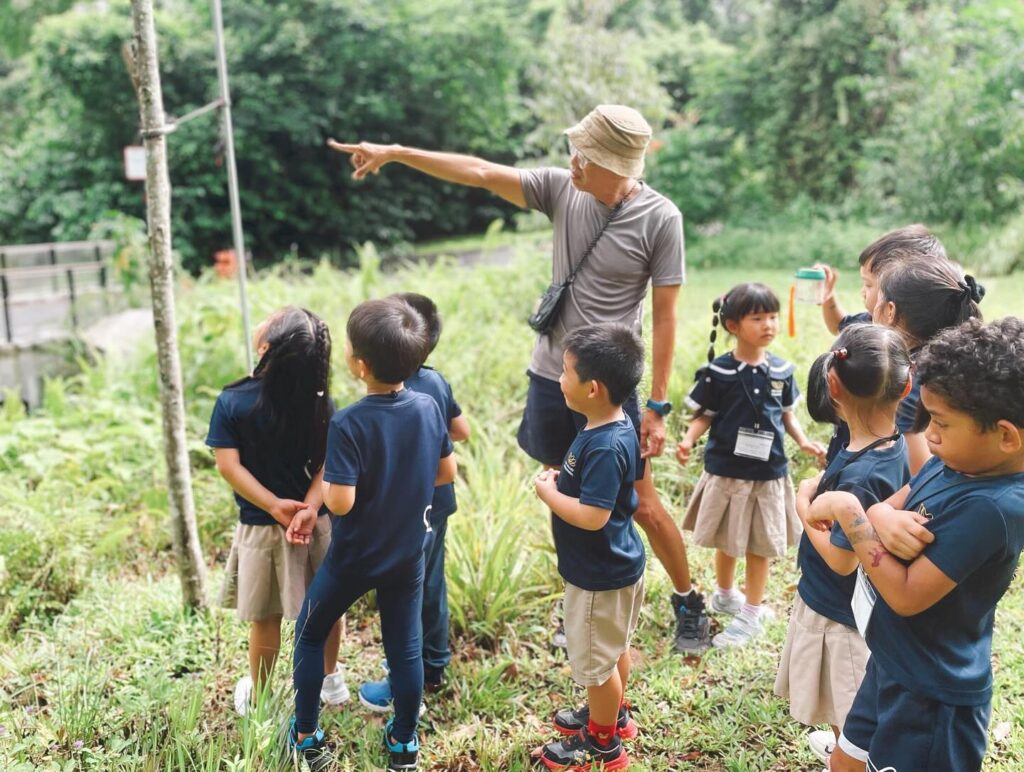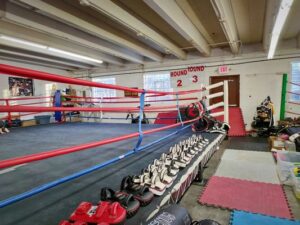Excited about your child’s impending playgroup debut? It’s definitely an exciting development, but be warned: there are things about this transition that people don’t tell most parents!
The beauty of it is that knowing about them ahead of time can make an enormous difference. You and your little one can have a much smoother transition to this new milestone if you’re prepared.
That’s why today, we’ll take you through the things nobody says but parents should know about starting toddler playgroup in Singapore.
1. The adjustment begins with the parent
Yes, you read that right. In some ways, the transition is actually more about you than your toddler.
You need to learn how to settle into this new routine before you can expect your child to do the same. Remember that little ones are enormously sensitive to their caregivers’ emotions. If your child feels that you’re unsettled about him or her going to playgroup, your child will be unsettled too!
So, make your peace with the idea ahead of time. Make sure that all you show is a calm, confident demeanour before the day itself.
2. The grand gestures aren’t necessary
A lot of parents think the first day at playgroup should be a grand affair, marked with big gestures, toys, treats, and even promises to do something incredible afterwards.
But in reality, the success of the playgroup transition is built well before that, to the point where you won’t need grand gestures at all for the first day once it arrives.
All you need to think about is that toddlers, like most children, want predictability. A good way to help them here is to practise short separations from them beforehand and build drop-off, pick-up routines.
This will build the sense of security they need to know that the playgroup is a safe development.
3. You can’t expect your child to socialise instantly
Some children will certainly take to socialisation instantly, but many won’t. And this is perfectly fine.
This can be jarring for parents who expect their children to start bonding with others quickly. The key here is to remember that it’s normal for the early days of playgroup to be more about parallel play.
Your toddler can play alongside others for a while before connections and friendships grow among them. There’s no need to force it or to worry about your child being isolated.
4. The preparation is best done as a family project
It’s normal to think of the preparation for playgroup as something parents should handle. However, this is actually most effective when more than the parents are involved.
You can ask your child’s grandparents, aunts and uncles, siblings, and others to be involved. It doesn’t need to be too high-effort either: it can be as simple as them offering positive conversations about playgroup to your child.
This is a great way to normalise the idea of playgroup, as people your child is around will mention it often. It can also build your child’s excitement for playgroup. If so many of the people he or she trusts think of it as a good thing, it can’t be that bad!
5. Toddlers may “regress” a little during it
If your child suddenly becomes a little clingy or whiny again after starting playgroup, don’t be too worried. This is a fairly common regression and is usually temporary.
You see, it’s a typical sign of your child trying to process the change. It can be comforting for him or her to go back to a stage when he or she felt “safe”, as a result.
But once your little one gets accustomed to playgroup, this should change. The key is to be patient and compassionate with your child at this milestone, and all should go well!






